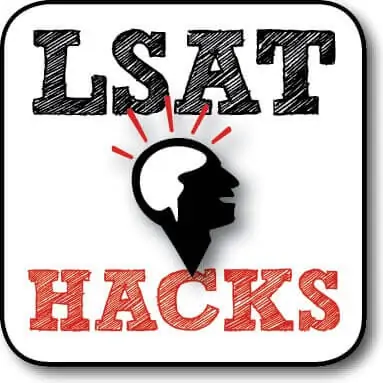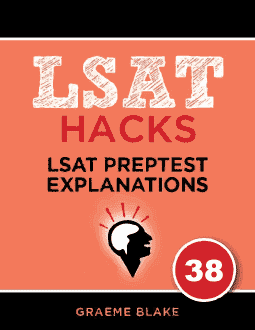This is an explanation for passage 4 of LSAT preptest 38, the October 2002 LSAT. This passage is about medical empathy. It discusses how medical students could develop more empathy if they read ethical stories.
This section has paragraph summaries and an analysis of the passage, links to the explanations for the questions are below.
Paragraph Summaries
- Medical students must learn to care about their patients. Ethical training that uses stories might help.
- Most ethics training is very abstract. It would be better to train students using stories that show realistic situations.
- Reading stories makes you use your imagination and imagine perspectives different from your own.
- Doctors don’t have to give up their own moral ideas. But stories can help them understand how to deal with other humans.
Analysis
This passage masks simple ideas with fancy words. Narrative just means story, for example. If you don’t understand a section, reread it slowly. You’ll likely find you can understand it after all. The more you practice understanding a passage, the easier it will become for all future passages.
There’s not really much to analyze here. The only difficulty on this passage is being sure about what it means.
With one exception: to do well, you have to notice lines 17-19. The author praises the conceptual clarity of the traditional curriculum. So even though the author criticizes the curriculum, they don’t think it’s all bad.
This is extremely important. Always watch for nuances in an author’s opinion. This nuance comes up again and again and again. I had to cite those lines seven times.
Also note that narrative doesn’t necessarily mean “fiction”. It’s possible to use real-life ethical stories to train doctors.

Want a free Reading Comp lesson?
Get a free sample of the Reading Comprehension Mastery Seminar. Learn tips for solving RC questions


Leave a Reply